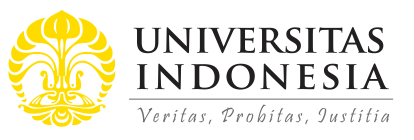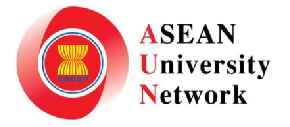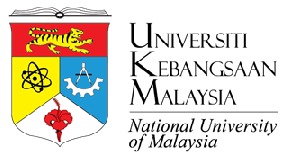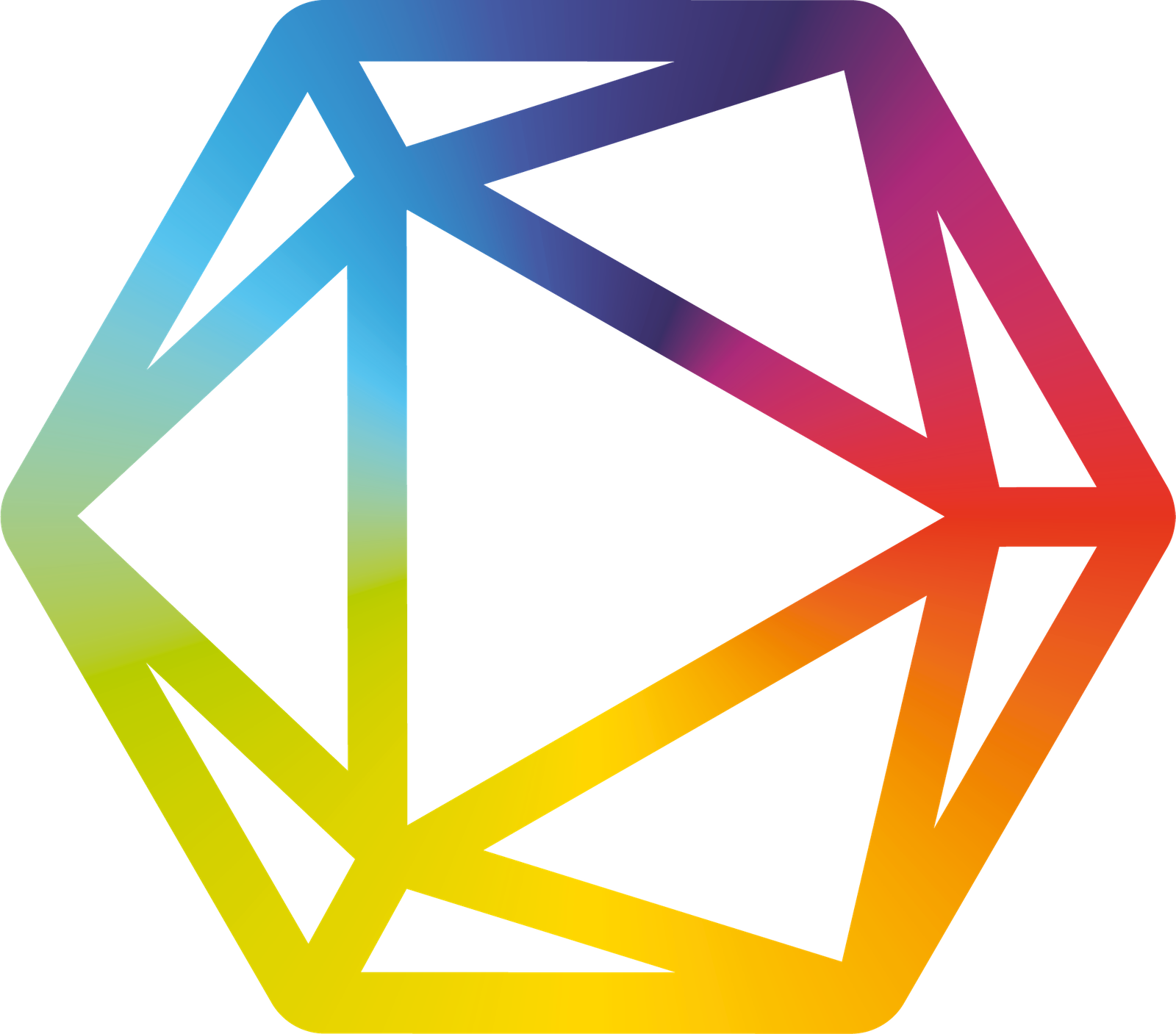
Abstract
This paper discusses the Service Learning Malaysia-University for Society (SULAM) program in developing an educational strategy for science, technology, engineering, and mathematics (STEM) learning at a Malaysian secondary school. The implementation of the 60:40 policy (60% STEM and 40% non-STEM) in Malaysia is to increase the number of students studying STEM. However, as of 2022, this policy had failed to achieve this target ratio. Additionally, Malaysian students’ scores on the Program for International Student Assessment (PISA) in the categories of math, science, and language literacy decreased from 2018 to 2022. This paper argues that SULAM represents a promising approach to facilitating knowledge transfer between university students and primary and secondary school students. With the goal of examining the students’ perception and engagement in the Ingenious Content Creator program, this study recruited 50 participants from a secondary school in the Hulu Selangor District. This program was purposely conducted to nurture the interest of junior high school students in STEM and to help students find STEM and information and communication technology (ICT) more exciting and engaging. This study employed a questionnaire to examine the impact of STEM activities in the SULAM program. As a result, although 46% of students had a negative perception toward STEM, 92% of students agreed that STEM was interesting. The designated activities have successfully increased participants’ interest in STEM, generating a positive effect by facilitating learning experiences. The study demonstrates that aligning learning activities with national educational policies while also addressing such challenges can contribute to establishing a clear and meaningful connection between academic institutions and the community.
References
Ahmad, A. (2024, June 2). Kaji semula dasar 60:40 sains dan sastera [Review policy 60:40 science and nature]. Utusan Malaysia. https://www.utusan.com.my/rencana/2024/06/kaji-semula-dasar-6040-sains-dan-sastera/
Anderson, J., & Tully, D. (2020). Designing and evaluating an integrated STEM professional development program for secondary and primary school teachers in Australia. In J. Anderson & Y. Li (Eds.), Integrated approaches to STEM Education: An international perspectives (pp. 403–425). Springer, Cham. https://doi.org/10.1007/978-3-030-52229-2_22
Garner, J., Matheny, E., Rutledge, A., & Kuhn, M. (2021). Invention education as a context for children’s identity exploration. Journal of STEM Outreach, 4(1), 1–14. https://www.jstemoutreach.org/article/27331-invention-education-as-a-context-for-children-s-identity-exploration
Kementerian Pendidikan. (n.d.). Pencapaian Malaysia dalam PISA 2022. https://www.moe.gov.my/storage/files/shares/Lain-lain/PISA/kad-laporan-pencapaian-malaysia-pisa-2022.pdf
MacDonald, A., Huser, C., Sikder, S., & Danaia, L. (2020). Effective early childhood STEM education: Findings from the Little Scientists evaluation. Early Childhood Education Journal, 41(5), 353–363. https://doi.org/10.1007/s10643-019-01004-9
Maltese, A. V., & Tai, R. H. (2011). Pipeline persistence: Examining the association of educational experiences with earned degrees in STEM among U.S. students. Science Education, 95(5), 877–907. https://doi.org/10.1002/sce.20441
Ministry of Education Malaysia. (2014). Malaysia education blueprint annual report 2013. https://www.moe.gov.my/storage/files/shares/Dasar/PPPM/MEB%20Annual%20Report%202013.pdf
Ministry of Higher Education Malaysia. (2019). SULAM–Service Learning Malaysia: University for society.
Mohamad, J., Baharun, N., & Sedhu, D. S. (2024). The implementation of Service-Learning Malaysia-University for Society (SULAM) programme at Universiti Teknologi MARA Perak Branch, Malaysia. Journal of Creative Practices in Language Learning and Teaching, 12(2), 49–62. https://cplt.uitm.edu.my/v1/images/v12n2/5_DOI_The_Implementation_of_Service-Learning_Malaysia-University_for_Society.pdf
Mohtar, L. E., Halim, L., Rahman, N. A., Maat, S. M., Iksan, Z. H., & Osman, K. (2019). A model of interest in STEM careers among secondary school students. Journal of Baltic Science Education, 18(3), 404–416. http://doi.org/10.33225/jbse/19.18.404
Newman, J. L., Dantzler, J., & Coleman, A. N. (2014). Science in action: How middle school students are changing their world through STEM service-learning projects. Theory Into Practice, 54(1), 47–54. https://doi.org/10.1080/00405841.2015.977661
Ng, P. H. F., Chen, P. Q., Wu, A. C. H., Tai, K. S. K., & Li, C. (2024). Reimagining STEM learning: A comparative analysis of traditional and service learning approaches for social entrepreneurship. IEEE Transactions on Learning Technologies, 17, 2266–2280. http://doi.org/10.1109/TLT.2024.3492352
Pujiarti, T. (2022). Pengaruh penggunaan teknik ice-breaking terhadap hasil belajar matematika siswa sekolah dasar [The impact of utilising ice-breaking technique on elementary school students’ mathematics learning outcomes]. Ainara Journal (Jurnal Penelitian Dan PKM Bidang Ilmu Pendidikan), 3(1), 30–35. https://doi.org/10.54371/ainj.v3i1.113
Ramakarsinin, G. G., Sathasivam, K., Ling, L. W., Elias, N., Rajandrarau, Y. B., Jeyaraja, S. S. B., & Maniam, M. (2022). An investigation on teachers as content creators during the pandemic. International Journal of Academic Research in Business and Social Sciences, 12(10), 421–440. http://doi.org/10.6007/IJARBSS/v12-i10/14711
Vennix, J., den Brok, P., & Taconis, R. (2018). Do outreach activities in secondary STEM education motivate students and improve their attitudes towards STEM? International Journal of Science Education, 40(11), 1263–1283. https://doi.org/10.1080/09500693.2018.1473659
Wahono, B., Lin, P.-L., & Chang, C.-Y. (2020). Evidence of STEM enactment effectiveness in Asian student learning outcomes. International Journal of STEM Education, 7, Article 36. https://doi.org/10.1186/s40594-020-00236-1
Yadav, G. P., & Rai, J. (2017). The Generation Z and their social media usage: A review and a research outline. Global Journal of Enterprise Information System, 9(2), 110–116.
Zhang, J. (2022). The influence of Piaget in the field of learning science. Higher Education Studies, 12(3), 162–168. https://doi.org/10.5539/hes.v12n3p162
Recommended Citation
Rahim, Nurulsaidah Abdul and Mustafar, Suzaliza
(2024).
Educational Strategy for Service Learning using STEM Activities: A Case Study of A Malaysian Secondary School.
ASEAN Journal of Community Engagement, 8(2), 232-245.
Available at: https://doi.org/10.7454/ajce.v8i2.1313







